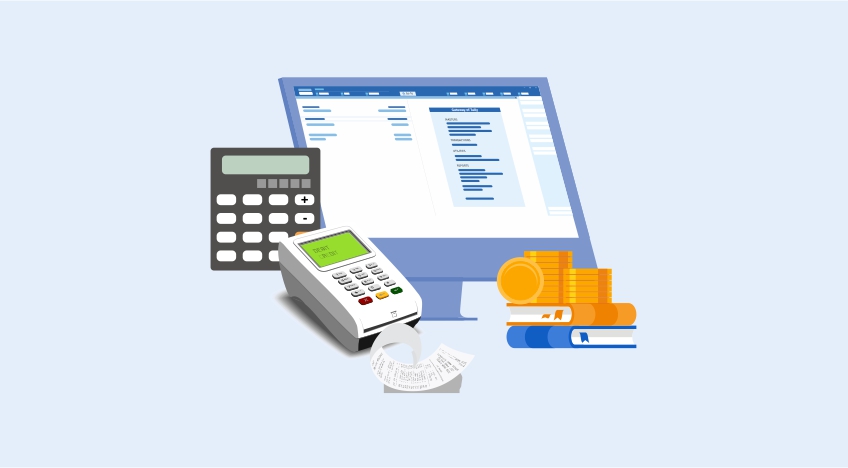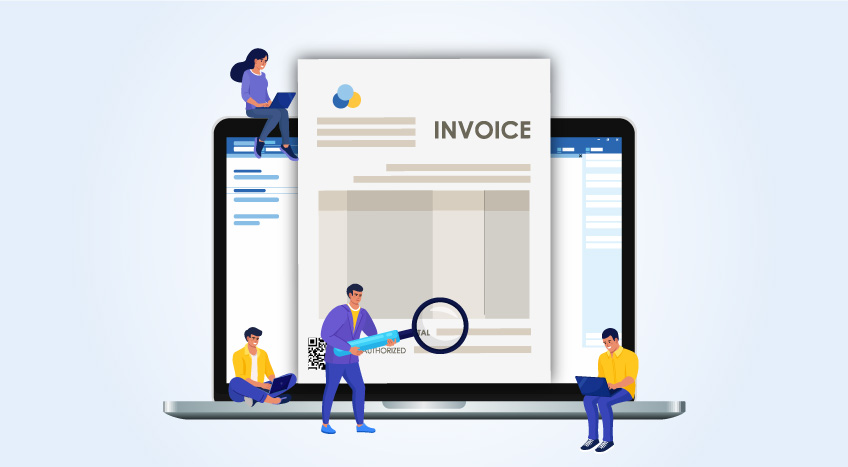What is EFDMS?
To understand EFDMS, you need to first understand EFDs. An EFD stands for electronic fiscal device and it is a machine that issues tax invoices whereby the VAT is specified along with the prices of the items sold. EFDs must conform to the laws put forth by the government as they are vital to ensure thorough analysis and stock management. Many types of EFDs exist in Tanzania such as the electronic fiscal printer (EFP), electronic tax register (ETR), electronic fiscal pump printer (EFPP), and electronic signature device (ESD). The ETR is the most basic type of EFD as it is used by businesses that manually issue receipts to their customers.
An EFDMS stands for electronic fiscal device management system or electronic financial data management system. It is software designed specifically to receive and process the data from EFDs . EFDs contain information related to the sale of items and the VAT levied on those items. By capturing, organizing and managing the data,, the TRA has updated details of the VAT collected in Tanzania and this boosts transparency. EFDMS can be seen as the connection between the EFDs and TRA as it improves efficiency while also encouraging businesses to pay VAT on time.
What is new in EFDMS?
TRA has been using the electronic fiscal device management system for quite some time. Earlier, businesses could use any EFD that was TRA-approved and issue invoices. While the system worked, there was no mechanism in place to check the authenticity and validity of every invoice that was captured through the EFDMS. In February 2022, it upgraded the EFDMS to simplify the VAT return filing process for taxpayers. By introducing automation and faster processing, the TRA has aimed to make it as effortless as possible for taxpayers to file their returns and pay VAT timely. The upgraded and updated EFDMS allows for an automatic validity check of every invoice generated.
Essentially the EFDMS now also checks whether a tax invoice is valid or not for every VAT-registered business. This prevents any scope of error and makes the trader responsible for ensuring the issuance of correct invoices to their customers at all times. All businesses are required to upgrade their current EFDs so that the EFDMS can automatically perform checking and validation of their invoices. If this cannot be done, then businesses can purchase EFDs that are compatible with this new system for hassle-free operations.
Another noteworthy point is that businesses can use POS machines, computers, and various other machines that can connect to EFDMS. This eliminates the need to purchase a new EFD if the business does not wish to do so. The major point to note is that the systems must integrate without issues with the EFDMS as per the TRA guidelines. It is advisable that businesses get in touch with a TRA office to understand the integration and whether their current machines are capable of upgrading to the point where they work with the latest EFDMS version.
What is EFD 2.1 protocol introduced in Tanzania?
EFD 2.1 protocol refers to the EFD system upgrade that every VAT registered trader must perform to issue acceptable and valid invoices and receipts that are compliant with the TRA laws. The EFD 2.1 protocol ensures that every invoice contains a verification code that is a must for it to be accepted by the electronic fiscal device management system. Businesses that do not issue invoices with such verification codes will be unable to claim input tax. VAT-registered businesses must ensure that they are accepting only invoices with verification codes from their suppliers as this will allow them to claim input VAT.
Read More:










